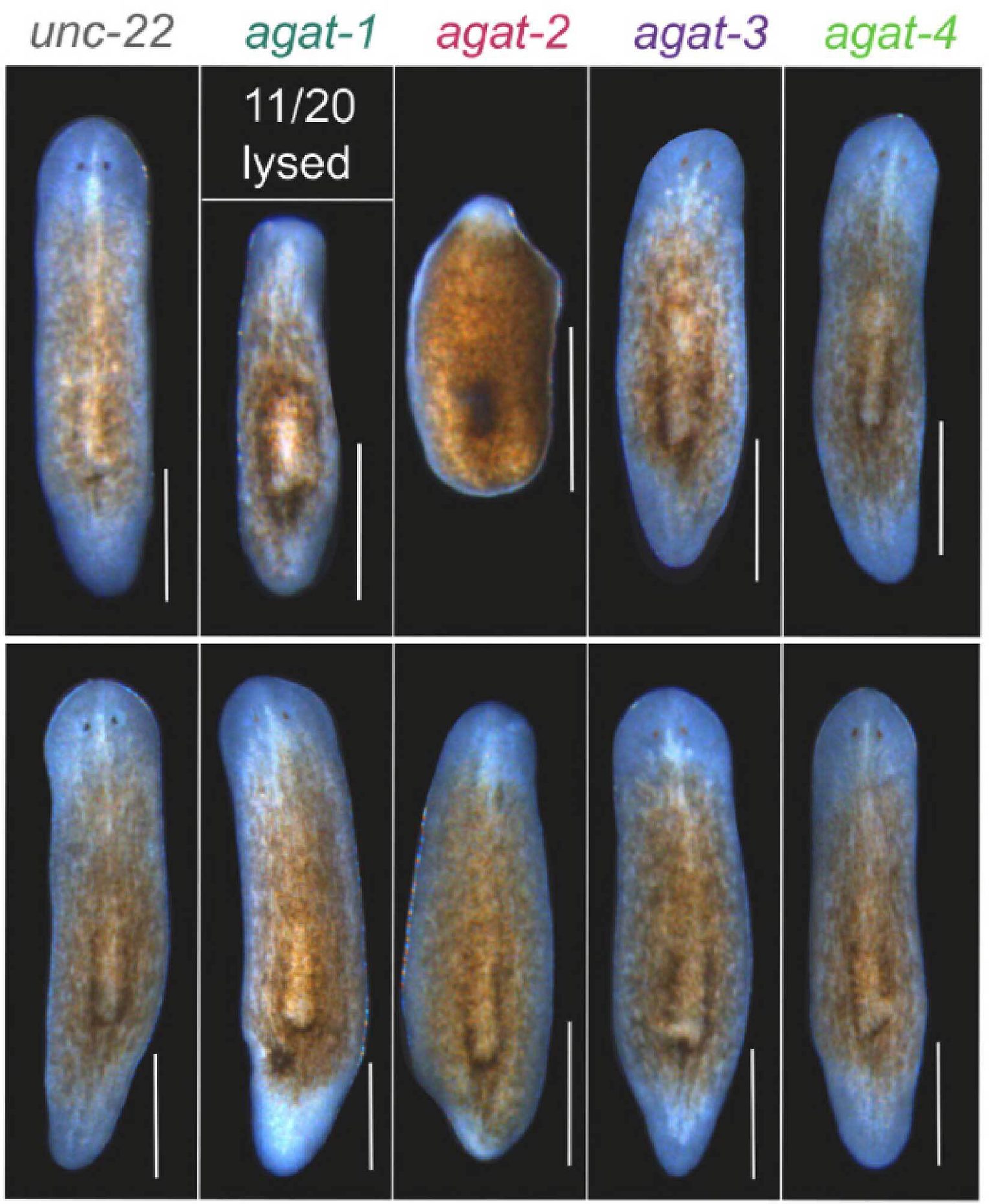Assistant Investigator Sarah Zanders, PhD, received two highly competitive and prestigious awards in 2018. In July, she received notification that she had been selected as the 2018 National Institutes of Health (NIH) Director’s New Innovator Award recipient. This nearly $2.5 million award is part of the High-Risk, High-Reward Research program and is intended to support exceptionally creative early-career investigators who propose innovative and high-impact projects.
Zanders was also named a 2018 Searle Scholar. This highly competitive award is presented to only 15 individuals each year. Each $300,000 award funds the independent research of outstanding early-career scientists who have recently been appointed as assistant investigators.
Zanders’ research focuses on selfish genes in gametogenesis.
Zanders explains, “Genomes contain ‘good genes’ that promote the health of an organism and ‘bad genes’ that promote their own survival at the expense of their host. Parasitic bad genes can affect crucial cellular processes. This is especially true of gametogenesis, the process that generates eggs and sperm. Meiotic drivers are one type of bad gene. These DNA parasites exploit gametogenesis to bias their own transmission. Instead of being transmitted to 50% of gametes (such as sperm) like regular alleles, meiotic drive alleles can be transmitted to up to 100% of functional gametes.”
By studying the wtf family of meiotic drive genes in the fission yeast Schizosaccharomyces pombe, Zanders and her lab aim to uncover the strategies used by wtf genes and explore how they have affected genome evolution.



